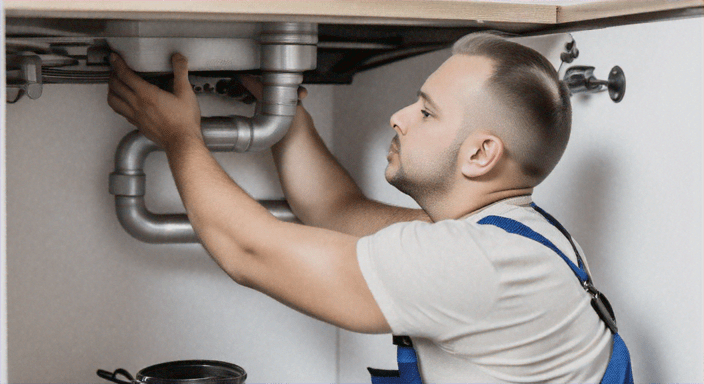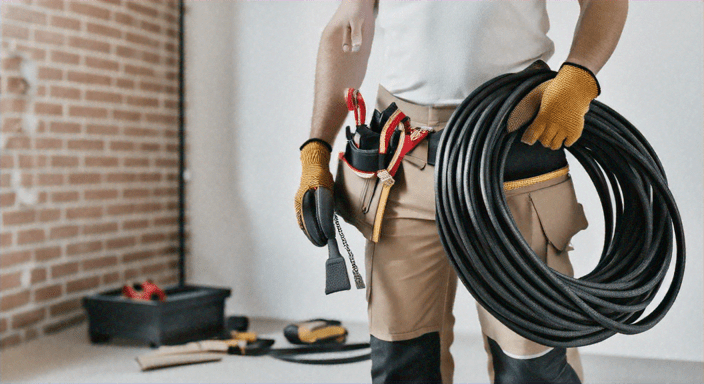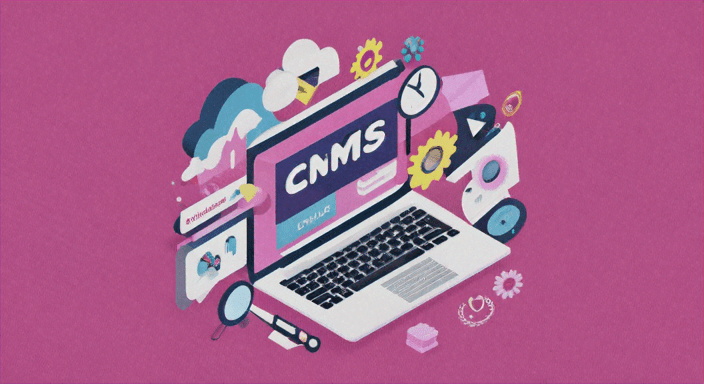Unexpected plumbing problems can disrupt our everyday lives, from a minor dripping faucet to a catastrophic pipe burst. The necessity for a plumber can emerge without warning at any time.

1. When Do You Need a Plumber?
It is vital to know when to seek a plumber’s expertise. Several typical scenarios include:
-
Leaks: Even seemingly insignificant leaks can result in substantial water damage over time. If you observe your faucet dripping or notice damp spots under your pipes, it is imperative to consult a professional.
-
Clogged Drains: While minor clogs might be resolved with a plunger, persistent or severe blockages necessitate professional intervention.
-
Water Heater Issues: The absence of hot water or unusual noises emanating from your water heater are clear indicators that a plumber’s assistance is required.
-
Low Water Pressure: This could be a symptom of more serious problems such as pipe corrosion or hidden leaks within your walls.
-
Installation Needs: Expert help is indispensable for the installation of new pipes, sinks, toilets, or water-using appliances to guarantee that everything is executed correctly and complies with regulations.
2. Finding an Affordable Plumber Near You
To locate a cost-effective plumber in your vicinity:
-
Utilize Online Directories and Apps: Platforms such as Yelp, Angie’s List, and Google Maps provide listings accompanied by reviews and ratings, assisting you in finding reputable plumbers nearby.
-
Seek Recommendations: Personal referrals from friends, family, or neighbors can guide you to reliable and affordable plumbers.
-
Compare Quotes: Reach out to multiple plumbers to compare rates. Ensure you provide a detailed description of your issue to obtain accurate estimates.
3. What to Consider When Choosing a Plumber
Bear these factors in mind to ensure you make the right decision:
-
License and Insurance: Always opt for a plumber who is licensed and insured, safeguarding you from subpar workmanship and liability.
-
Experience and Specialization: Depending on your specific issue, you may require a plumber with particular experience or skills.
-
Transparent Pricing: Ensure the plumber provides clear pricing, including any potential after-hours surcharges or fees for emergency services.
-
Warranties and Guarantees: Choose plumbers who offer guarantees on their work to protect your investment.
4. Minimizing Plumbing Issues
Preventative actions can significantly diminish the likelihood of plumbing problems:
-
Regular Maintenance: Routine inspections can identify potential issues before they escalate.
-
Be Mindful of What Goes Down the Drain: Avoid flushing or draining materials that can cause clogs, such as oils, grease, and non-biodegradable items.
-
Familiarize Yourself with Your Plumbing: Gain knowledge about the main shutoff valve and the fundamentals of your plumbing system to handle minor issues and prevent water damage during emergencies.
-
Employ Water Softeners: If you reside in an area with hard water, using a water softener can prevent scale buildup in your pipes.
Conclusion
Confronting a plumbing emergency can be distressing, but knowing how to find a dependable and affordable plumber can significantly alleviate that stress. By understanding when to call a plumber, how to find the best one in your area, what to be cautious of, and how to prevent common issues, you will be well-prepared to manage any plumbing situation without overspending.





